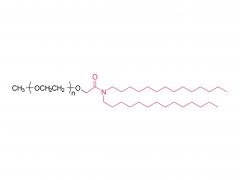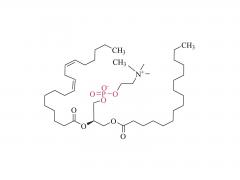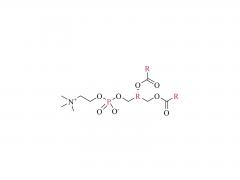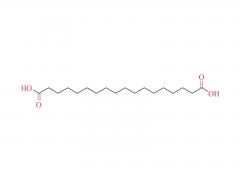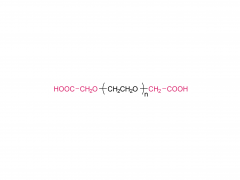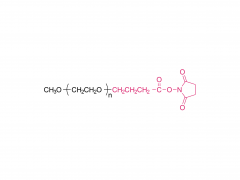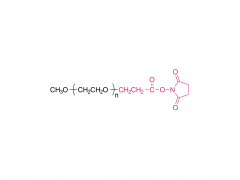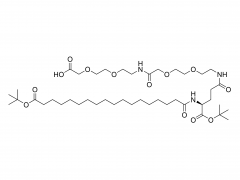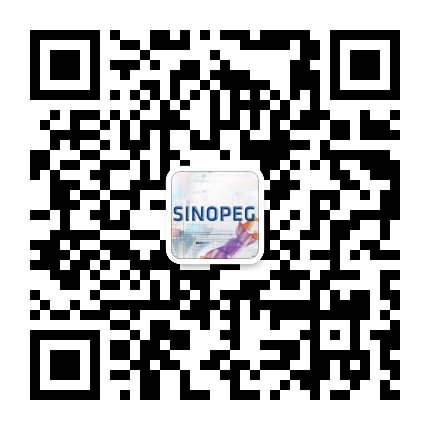Cancer remains one of the most common diseases that is a threat to human health. Currently, chemotherapy is an important and indispensable strategy for treating cancer besides surgical treatment and radiotherapy. Thus, it has attracted a number of pharmaceutical researchers for the discovery and development of new anticancer drugs. Unfortunately, approximately 90% of drug candidate molecules in the discovery pipeline are poorly water soluble. Poor solubility can elicit low oral bioavailability and insufficient efficacy in vivo, and make intravenous (IV) administration challenging.
Nanotechnology-based drug delivery systems, such as drug nanocrystals (NCs) and liposomes have enabled in improving the solubility and/or attained targeted delivery via the enhanced permeability and retention (EPR) effect, and/or specific ligand-mediated tumor-targeting effect. Liposome is one of the most developed nanomedicines, high stability and flexible surface modification/functionalization, have been widely used in the field of drug development. Hydrophobic drugs are mainly entrapped in the liposomes by embedding in the lipid bilayers, which usually results in a low drug loading capacity that challenges their clinical transformation. In contrast, drug NCs, a nanoscale carrier-free colloidal delivery system with a theoretical drug loading capacity of up to 100%, are quite promising for poorly water-soluble drugs. However, drug NCs still face major challenges in their stability and targeted delivery.
Recently, researchers from the Chinese Academy of Sciences present a novel drug delivery strategy, called nanocrystal@liposome (NC@Lipo), which integrates drug nanocrystals into the hydrophilic inner cores of liposomes and forms a hybrid core (nanocrystal)-shell (liposome) drug delivery system, merging the advantages of liposomes and drug nanocrystals to overcome these issues,for the targeted delivery of poorly watersoluble drugs. The performance of the proposed NC@Lipo delivery system was demonstrated on the drug candidate CHMFL-ABL-053 (053), which was discovered by their group. Three different 053-nanodrugs, namely 053-NC, 053-NC@PEG-Lipo, and 053-NC@FA-Lipo, were fabricated for in vitro and in vivo evaluation.
In conclusion, as a proof of concept, this study showed that NC@Lipo might be a potential strategy for designing nanocrystal or liposome-based drug delivery systems with high colloidal stability, high drug loading, functionalized surface, and enhanced biological effects (including PK profile, tumor cell targeting, and in vivo antitumor efficacy). Additionally, this work may promote the development of more efficient liposome-based formulations for the delivery of poorly water-soluble drugs for commercial and clinical applications.
1. Title:Nanocrystal-loaded liposome for targeted delivery of poorly water-soluble antitumor drugs with high drug loading and stability towards efficient cancer therapy
2. Author: Huamin Liang, Fengming Zou, Qingwang Liu, Beilei Wang, Liyi Fu, Xiaofei Liang, Jing Liu, Qingsong Liu
3. DOI:10.1016/j.ijpharm.2021.120418
4. https://linkinghub.elsevier.com/retrieve/pii/S0378517321002222







